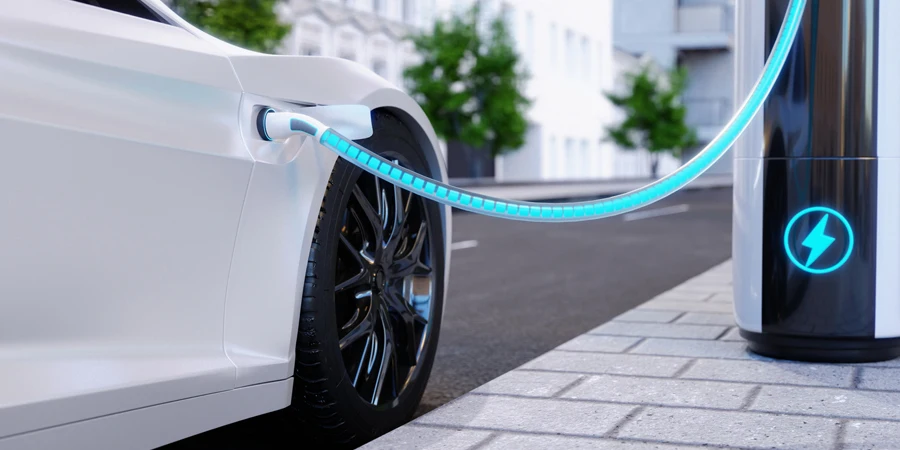President Biden is directing US Trade Representative (USTR) Katherine Tai to take action to add or increase tariffs for certain products from China, including EVs and EV components. Ambassador Tai will propose the following modifications in EV-related strategic sectors:
| Electric vehicles | Increase rate to 100% in 2024 |
| Battery parts (non-lithium-ion batteries) | Increase rate to 25% in 2024 |
| Lithium-ion electrical vehicle batteries | Increase rate to 25% in 2024 |
| Natural graphite | Increase rate to 25% in 2026 |
| Other critical minerals | Increase rate to 25% in 2024 |
| Permanent magnets | Increase rate to 25% in 2026 |
| Semiconductors | Increase rate to 50% in 2025 |
| Steel and aluminum products | Increase rate to 25% in 2024 |
Background. In May 2022, USTR commenced a statutory four-year review process by notifying representatives of domestic industries that benefit from the tariff actions of the possible termination of those actions and of the opportunity for the representatives to request continuation. In September 2022, USTR announced that because requests for continuation were received, the tariff actions had not terminated and USTR would conduct a review of the tariff actions. USTR opened a docket on 15 November 2022, for interested persons to submit comments with respect to a number of considerations concerning the review. USTR received nearly 1,500 comments.
As part of the statutory review process, throughout 2023 and early 2024, USTR and the Section 301 Committee (a staff-level body of the USTR-led, interagency Trade Policy Staff Committee) held numerous meetings with agency experts concerning the review and the comments received.
Specifically, the Report concludes:
- The Section 301 actions have been effective in encouraging the PRC to take steps toward eliminating some of its technology transfer-related acts, policies, and practices and have reduced some of the exposure of US persons and businesses to these technology transfer-related acts, policies, and practices.
- The PRC has not eliminated many of its technology transfer-related acts, policies, and practices, which continue to impose a burden or restriction on US commerce. Instead of pursuing fundamental reform, the PRC has persisted, and in some cases become aggressive, including through cyber intrusions and cybertheft, in its attempts to acquire and absorb foreign technology, which further burden or restrict US commerce.
- Economic analyses generally find that tariffs (particularly PRC retaliation) have had small negative effects on US aggregate economic welfare, positive impacts on US production in the 10 sectors most directly affected by the tariffs, and minimal impacts on economy-wide prices and employment.
- Negative effects on the United States are particularly associated with retaliatory tariffs that the PRC has applied to US exports.
- Critically, these analyses examine the tariff actions as isolated policy measures without reference to the policy landscape that may be reinforcing or undermining the effects of the tariffs.
- Economic analyses, including the principal US Government analysis published by the US International Trade Commission, generally find that the Section 301 tariffs have contributed to reducing US imports of goods from the PRC and increasing imports from alternate sources, including US allies and partners, thereby potentially supporting US supply chain diversification and resilience.
Source from Green Car Congress
Disclaimer: The information set forth above is provided by greencarcongress.com independently of Alibaba.com. Alibaba.com makes no representation and warranties as to the quality and reliability of the seller and products.




